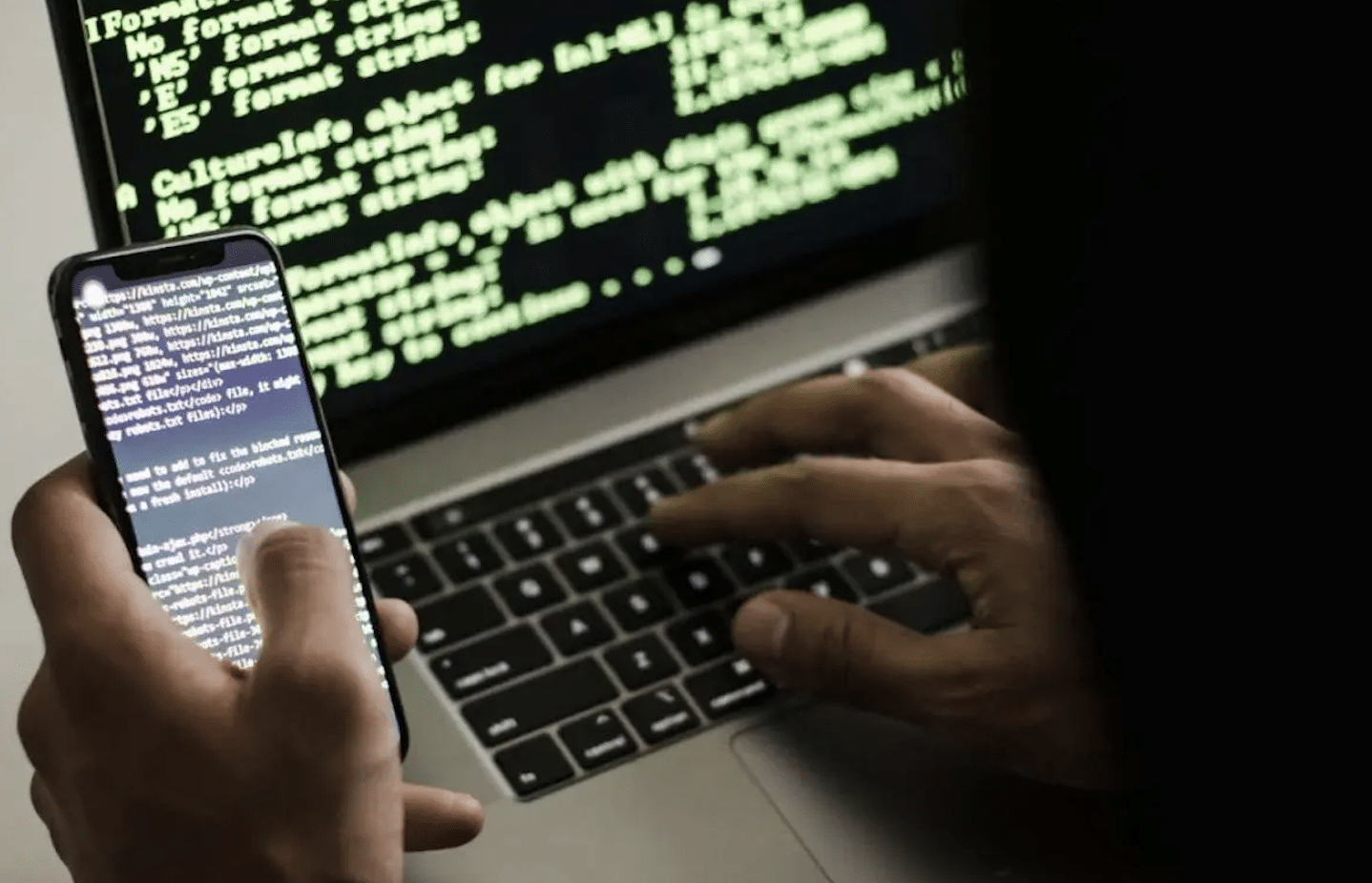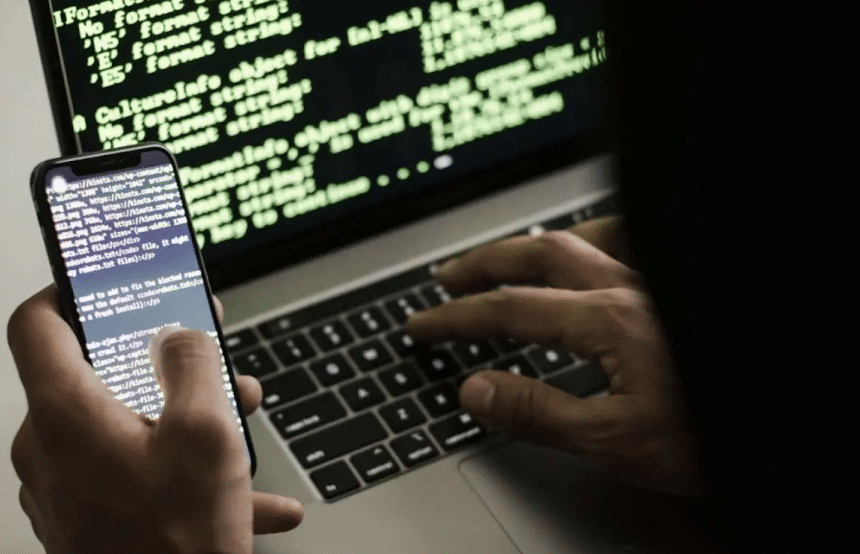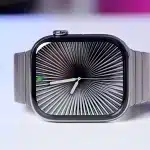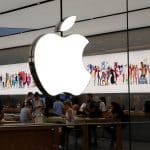With scam calls, phishing attempts, and robocalls becoming more frequent, services like ClarityCheck are attracting users who want to verify unknown numbers before answering. But how useful are these tools? What legal concerns exist? And why are some users asking for additional features, such as a dedicated mobile app? Recent Reddit discussions shed light on how ClarityCheck fits into the changing landscape of call verification.
Legal concerns: how ClarityCheck operates
One Reddit user raised a key question: is it legal to use ClarityCheck and similar reverse phone lookup websites? Many people hesitate before using services that provide information about phone numbers, wondering where the data comes from and whether accessing it is allowed. As the user explained, they stumbled upon ClarityCheck while trying to figure out who was behind a series of unknown calls. Before going further, they wanted to understand whether there were any legal pitfalls to be aware of.

Reverse phone lookup services rely on publicly available data, including business directories, spam reports, and other open databases. ClarityCheck compiles this information in a way that helps users assess whether they should answer or call back. However, laws governing data access vary by country. While using such a service for personal security or fraud prevention is generally permitted, using it for invasive purposes could cross ethical or legal boundaries.
For most people, the goal is not to uncover sensitive details but to avoid scam calls or recognize persistent telemarketers. Users concerned about legality should check their country’s regulations, but services like ClarityCheck function within widely accepted standards.
ClarityCheck as a tool for avoiding scams
Another Reddit user shared an unsettling experience with a suspicious tech support call. When something seemed off, they checked the number through ClarityCheck and found enough concerning information to avoid further contact. In their post titled Help! My tech support call turned suspicious and I did a ClarityCheck, they explained how the call didn’t feel right, prompting them to verify the caller’s identity. They wanted to know whether services like ClarityCheck were truly effective in such situations or if there were better ways to verify callers.
Tech support scams are a growing issue. Fraudsters often impersonate representatives from well-known companies, urging people to install software or provide personal information. According to the Federal Trade Commission (FTC), these scams have tricked thousands into handing over money or giving remote access to their devices.
A quick phone number lookup can be a valuable defense. If ClarityCheck reviews indicate that a number has been flagged multiple times for fraud, that’s a strong reason to ignore the call. While scammers frequently change numbers, identifying patterns of fraudulent activity can help users make informed decisions.
Why some users want a ClarityCheck app
Not all ClarityCheck users focus on scam prevention. Some have used the site for months to manage unknown calls, but they’re questioning why there’s no mobile app. One user posted a thread titled Been using ClarityCheck website for months, but why no Android app yet? In their post, they praised the service for helping them avoid spam and scam calls but voiced frustration over the lack of a dedicated app. Having to copy and paste phone numbers into a browser felt inconvenient, and they wondered whether an app was in development.
This demand highlights the increasing expectation for digital convenience. Competing services like Truecaller and Hiya offer apps, though some users hesitate to use them due to data privacy concerns. While ClarityCheck remains web-based, a mobile app could make it easier for people to check phone numbers without exposing their data to third-party tracking.
The evolving role of phone lookup services
The demand for reliable call verification is only increasing. As robocalls and fraud tactics become more sophisticated, people are looking for ways to stay ahead. Services like ClarityCheck provide one solution, but their effectiveness depends on how often they update their databases and how easily users can access the information.
Some questions remain. Will ClarityCheck develop a mobile app? Will it introduce more features to compete with alternatives? What regulatory challenges might emerge? For now, users rely on it to filter unknown numbers, avoid potential scams, and make informed decisions about who they choose to engage with.
The need for better tools to handle unsolicited calls isn’t going away. Whether ClarityCheck continues to grow or faces increased scrutiny, it remains part of a larger shift in how people manage digital communication. ClarityCheck reviews from users indicate that the service is already making a difference, and its future will likely depend on how well it adapts to evolving threats and user expectations.












